I have to be upfront. I am bias when it comes to the Philippines. My mother’s family comes from there. I still have close relatives that live there. I have traveled extensively throughout the country and not resort hopping either.
So, when I see people glorifying this country and talking about how marvelous it is, I know they are only looking it it through their EXPAT lens.
Now, I have been an expat in a few countries, and being an expat in Prague, Czechia is WAY more different than being an expat in the Philippines.
The Dream Expat Life in the Philippines
Many travel expat bloggers who live in the Philippines always talk about these big things that make the experience amazing. And, I have no doubt that it does, but before I jump into my own opinion, let’s dive into theirs:
The Cost of Living is Low
The Filipino peso is not as strong as any other currency in the world. You will have a hard time finding a weaker currency. This being said, one US dollar can buy a few water bottles in the Philippines.
On an average salary of $30,000 USD a year, one can get you a 4 bedroom house with a maid and perhaps a driver.
And since the Philippines has nice tropical weather, food is pretty abundant- fresh fruits and meats, etc. This makes grocery shopping quite cheap.
The Beaches are Beautiful
It was common knowledge that the Philippines has the best beaches in the world. Scuba diving is one of the biggest tourist activities.
One of the major islands, because the Philippines is made up of islands, is called Palawan and it has the best beaches in the whole country.
There are so many “First-World” Amenities
In these beach resort areas and even in certain areas of Manila, the capitol, there are many “first-world” amenities such as malls and theaters, etc. In Manila, there is actually the biggest mall in Asia.
Malls are a big hub for Filipinos because they are clean and air conditioned, I will get back to this later.
The Locals Speak English
The Philippines was under the United States’ protection for roughly 100 years. Before that it was under Spain since the late 1400’s.
Due to this international influence, the country’s languages have been manipulated from their origins.
The big national language is Tagalog (tah-gah-lug). There are actually many languages in the Philippines because of all the different islands. In fact, they aren’t similar as one would think.
Just how Spanish, Italian, Portuguese, and French are similar, these languages are not. Sometimes the different islands know Tagalog, but many only know their local language.
It is similar to India.
One might think that Spanish might be the unifying language due to the long lasting colonization, but because it was the United States that was most recent, English is the unifying language.
English is actually one of the official languages of the country.
Many travelers, yeah, I am going to call you guys out, only want to travel to places where there is no language barrier.
I am a little angry writing this so, sorry, but ya’ll need to learn more languages. I suggest Spanish since many countries speak it- all of South America minus Brazil speaks it so, might as well start today.
Anyways, expats come to the Philippines because of the ease of living due to the language.

The Reality of Life in the Philippines
I referred to the “Dream” Life of expats in the Philippines because it really is a dream.
Let me break your bubble.
The Cost of Living is High
The cost of living is only low to EXPATS. The average Filipino is not making $30,000 USD. The average Filipino isn’t even making $10,000 USD.
Life in the Philippines is hard.
There are CHILDREN in the streets taking baths from fire hydrants because they don’t have running water at home.
There are CHILDREN being sex trafficked to foreigners form Europe and North America. There are plenty of documentaries on YouTube – check it out if you don’t believe me.
There are CHILDREN dying because they don’t have enough food.
There are MANY MANY family members that have to go to other countries to work and not see their families for years potentially.
You can read an article here about all of this.
The Beaches are Full of Tourists
Ever wonder why the beaches are so beautiful in the Philippines? Because tourists go there. They bring in those foreign currencies.
The Philippines is one of the poorest countries in the world. We have major countries like the United States that is spending thousands, millions of dollars supporting unemployed individuals and families. (This is a whole other issue with people complaining in the United States).
You know what the Philippines spends money on? Cleaning those beaches for the tourists.
NOT, making sure the lives of Filipinos are improved, cleaning those F beaches for tourists.
Here is an article about it.
Many Filipinos can’t afford those “first-world” amenities
As I mentioned, Filipinos love going to those malls for air conditioning and being in a clean area.
Why do you think that is?
Because they can’t afford air conditioning. Because their own homes are not clean and are infested with cockroaches and mice.
Filipinos Have Less Access
My own first cousin, who is considered middle class in the Philippines, has cockroaches and mice running around his house.
He has ONE air conditioning unit and that is in the master bedroom.
The Shopping Experience
When I went there, my other first cousin took me to the biggest mall in Asia. She wanted to take me shopping. We walked into H&M (yes, they have it there) and the prices were the exact same as one would find in the United States or Europe.
EXACT SAME.
I went to the local market with my male first cousin’s wife. The price was of a dress was like $3 USD.
$3 USD vs $25 USD (H&M) for the same type of dress.
The average Filipino isn’t shopping in those stores. They aren’t eating at those restaurants.
Don’t be an idiot. (Sorry, this topic really makes me angry).
Traveling Around the Islands
On top of shopping, how do you get from island to island? There are boat transportation sure, but the best and easiest is flying.
How much is a plane ticket? You think the average Filipino can afford that? Even if they could, could they afford to take 2 weeks off of work to lounge on a beach all day?
Americans complain about their 2 week holidays all the time, but many individuals worldwide would find that amazing.
On this note, traveling by land is a pain in the ass. They don’t go by distance, but by time. My cousins live not that far from Manila center by distance. Maybe 30 miles, should take 30 minutes or less to drive.
It takes a bit over an hour.
Leaving the airport, which is in the middle of the city, it takes around 3 hours to leave.
Believe me, I have traveled the Philippines in every way: bus, car, boat, and plane. Plane is definitely the easiest, but not the most accessible for the average Filipino.

Non-Filipino People are Lazy to Learn Languages
Yes, I am calling out all the English speakers and Western Europeans (French, Spanish, etc.).
WE are lazy. Don’t get me wrong, I speak 3 languages. I have worked hard to gain the label multilingual, but since I was raised in North America, I will include myself in the WE.
I also mention French because many French people are moving to the Philippines and investing in the country.
This might be good you are saying, but the Philippines specifically have a law that a Filipino needs to be 51% owner of a place or the foreigner needs to be married to a Filipino/a. Why is this?
So it makes sure the main bulk of income goes back into the country.
Imagine this, a French person buys a beach resort, but takes his millions back to France to live in a fancy apartment in Paris. THAT DOES NOT HELP FILIPINOS!
But, I digress.
When expats move ANYWHERE, they don’t make any attempt to speak the local language. I am also calling out expats in China, expats in Czechia, expats in even Quebec, Canada.
There are many non-French speaking Canadians who come to Quebec and make no attempt to learn French.
Expats in the Philippines are so excited Filipinos speak English. Maybe you should also learn Tagalog? Guaranteed it will be a better experience and you might even find yourself paying local price instead of the mark up for being white or a foreigner!
My second cousin married a French person. He has no desire to go back to France and loves the Philippines.
He now speaks Tagalog fluently and all Filipinos treat him with as much respect as if he was Filipino and not white.

Don’t Treat Expat Life Like It’s Royalty
When you move abroad, especially to a place that has a way lower cost of living to YOU, doesn’t mean it is perfect.
Here are some of my advice for someone wanting to be an expat in the Philippines.
Give Back to the Filipino Community
Give more than what you take. Explore the non-tourist areas. Fully get to know the people. Help out with local charities. Learn the language, the culture, the food, etc.
Be an Advocate for the Filipino Community
Sex trafficking in the Philippines and with Filipinos is very rampant. Be a spokesperson. Instead of posting about the beautiful beaches and your bikini, use your platform to spread awareness of these issues.
Be Grateful for What You Have and Had
Be grateful for winning the lottery of birth. Be grateful that you were born in a country that grants you privileges to travel, to be an expat, to not have grown up bathing with a fire hydrant in the street.
Be grateful that you had more to eat than just rice every day (this was how my mother grew up).
Don’t treat life as an expat in the Philippines as a way to gain more Instagram followers. Be a better human than that.
PS: Don’t be a “better human being” just for the trend, just for the likes, and for the followers either. I see you: people who posted a black square on Instagram, but haven’t done anything since.

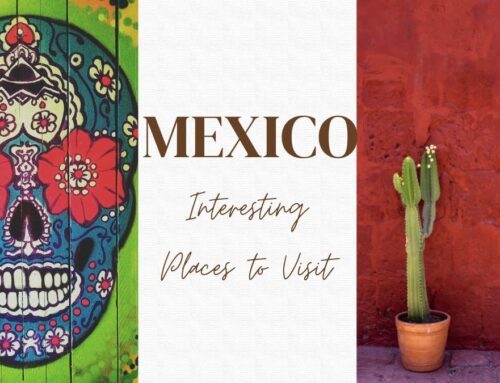


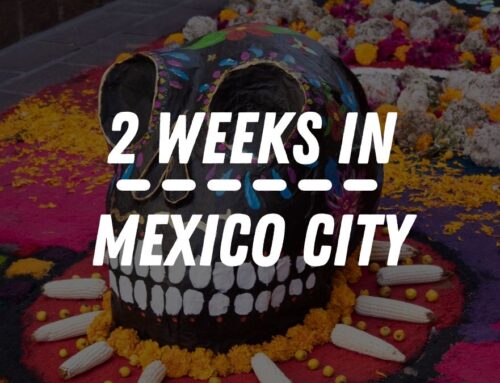





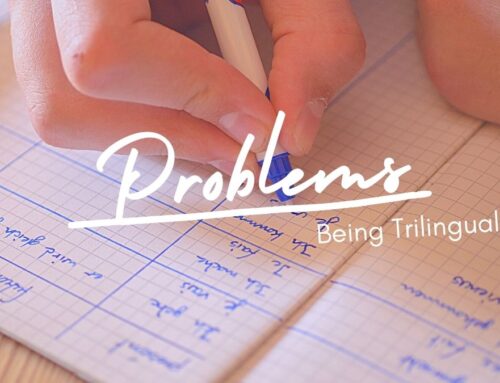




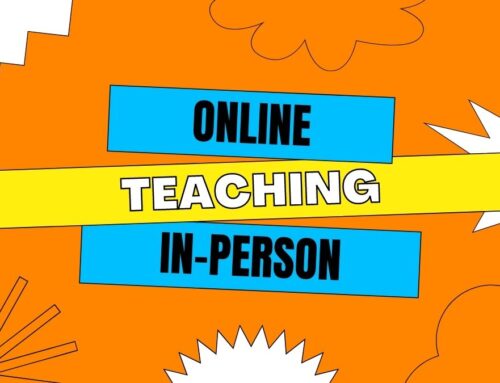















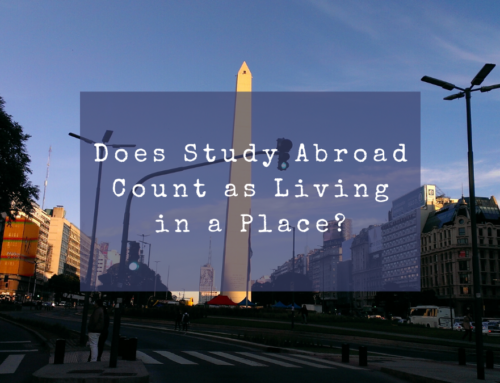






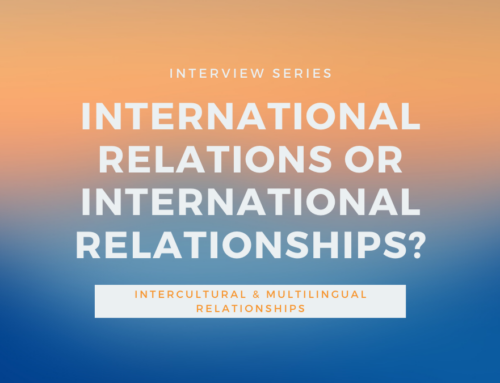










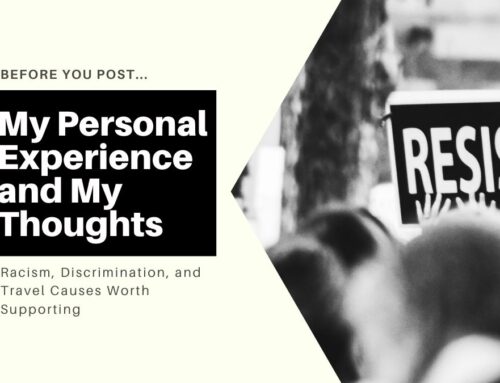








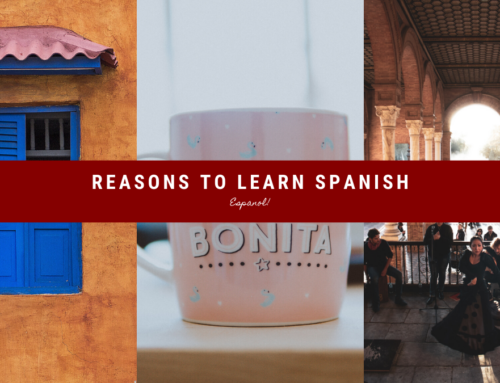












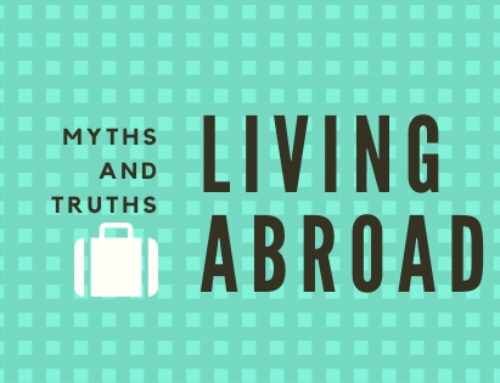













I live here in the philippines as missionary. I came from the U.S.A. I am retired Marine and civil service. Been here 7 years this time. What I try to do is help the people to help themselves. I have renovated schools, build homes people, giving away lots food etc..
Poverty here is because of many different things. I cannot save the whole country. I do my best to help. I am working to learn the language to teach the people.